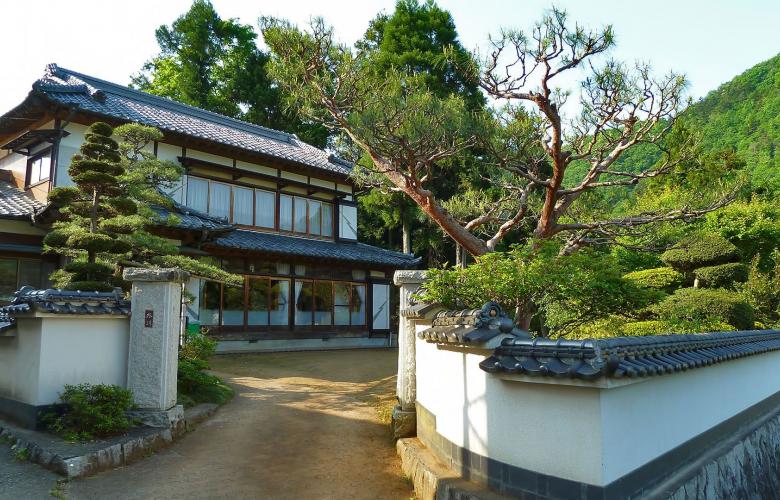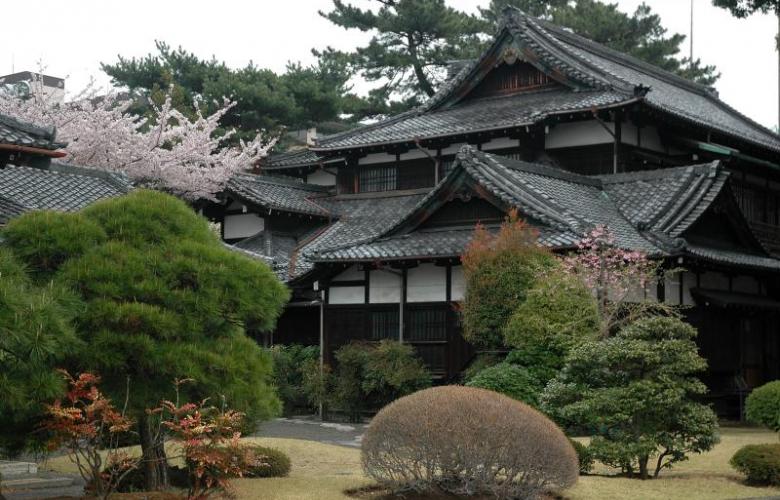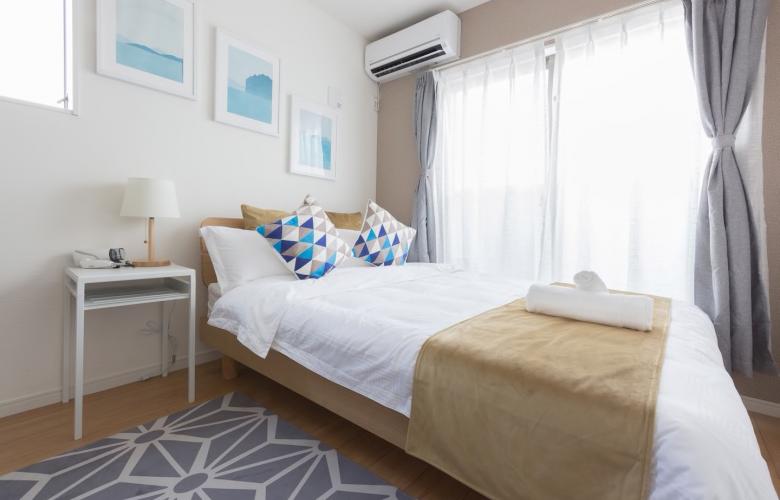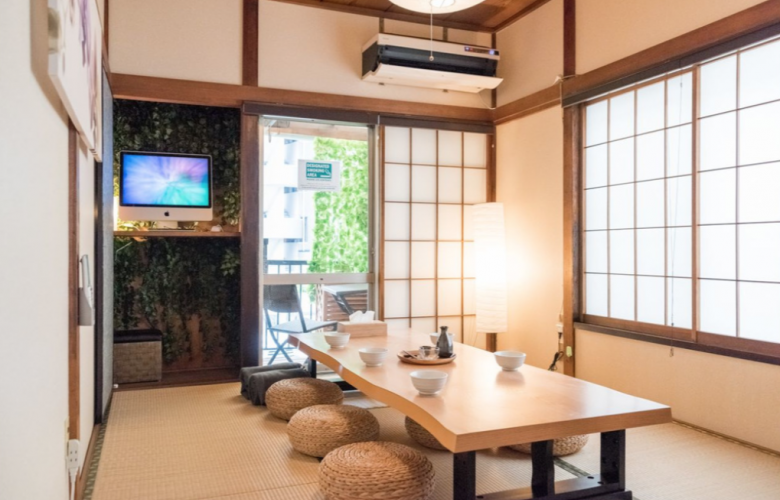Japan welcomes short-stay accommodation groups like Airbnb
Contact
Japan welcomes short-stay accommodation groups like Airbnb
Leading up to the World Rugby Cup and Summer Olympic Games 2020's boost in visitors, local laws have changed, to help supply Japan’s increasing demand for more hotel rooms.
In a bid to open up opportunities to landlords, and to increase the number of short-stay rooms available, Japan’s upper house passed a legislative bill, enacted on June 9, 2017 that lets private homes rent out space to paying guests, a practice known as minpaku. The Act will come into force no later than one year from the date of promulgation (June 16, 2017). They also placed a limit of total stays to 180 nights a year, which offers hosts a wide range of rental options. This is much more generous than the limits of 90 days in London and 60 days in Amsterdam.
“We welcome the legislation,” said Yasuyuki Tanabe, Airbnb’s country manager for Japan. “It is clear, simple and easy to understand, while reflecting Japan’s unique needs.” Airbnb is said to have accommodated 3.7 million of the 24 million visitors in 2016.
At a glance:
- Japan's government passed a bill on June 9, 2017 which will allow private homes be let out to visitors
- Act will be in force between now and June 16 2017
- Landlords must register and abide by government restrictions
- Limit of total stays up to 180 nights per year
Three Key Players
- Airbnb - 48,000 listings
- Space Market - 200 current properties with plans for 10,000 within a year
- Look's Asset Management - plans to buy and refurb buildings for short term rental
There are stipulations that landlords have to register with local governments and abide by their restrictions. This may include people who share their own residence, as opposed to absentee landlords, which can upset the neighbours. Toshiteru Shibaike, an attorney with the Tokyo Public Law Office’s Foreign nationals and International Services Section says “the biggest issue is neighbour complaints, especially in apartment buildings, where the management association will likely want to shut an Airbnb operation down if there are neighbour complaints.” But he feels regional private homes may offer fewer problems. “While the neighbourhood association (chōnaikai) controls things like trash removal, they generally wouldn’t have the power to force someone to stop hosting Airbnb,” Shibaike says.
Click here to read a guide on buying property in Japan
Some building management associations are rewriting building by-laws to forbid short-term rentals, allowing building managers, doormen and neighbours to kick out hosts, their guests, and even owners who rent out their apartment on a short-term basis.
Who are the key players?
Airbnb
Airbnb is the international online marketplace for people to rent out their properties or spare rooms for guests. They take 3% commission for every booking from hosts, and between 6% and 12% from guests. It has been running in Japan, but now will need to operate within the new legislation for its 48,000 listings.
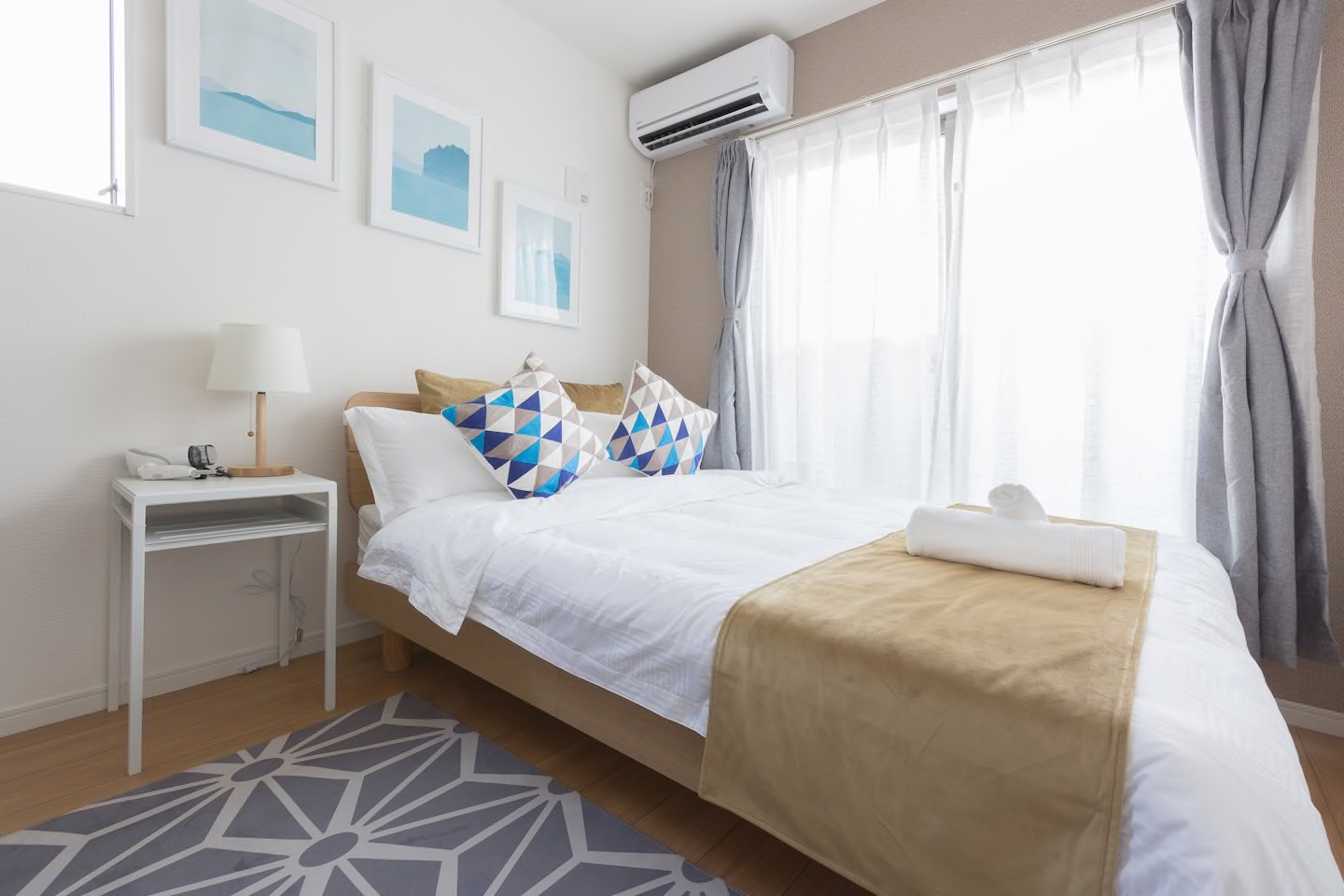
Airbnb offers this 1-bedroom flat in Toshima for AU$42 a night
Space Market
Japan's Space Market lends and borrows everything from conference rooms to uninhabited islands, will be adding Airbnb-style holiday rentals to its repertoire. They already have around 200 properties listed, but are planning to expand to around 10,000 within a year after the home-sharing legislation goes into effect. Space Market will let landlords offer properties by the hour for parties or meetings as well, and plans to collect commissions from both hosts and guests, with fees based on prices charged by their rivals.
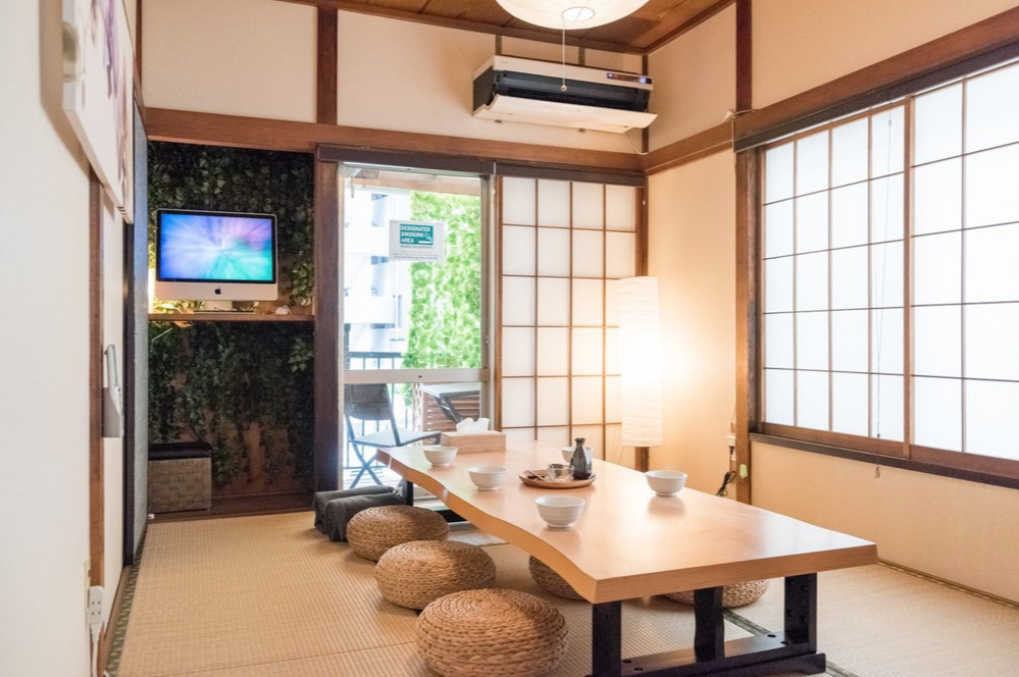
Space Market offers this unit at Tamagawa, Tokyo for ¥16,500 a night
Look’s Asset Management
Hong Kong-based Look’s Asset Management has plans to buy up dozens of Japanese residential buildings in core areas and refurbish them into short-stay apartments. Timothy Shen Ka Yip, Look’s chairman says Japanese hotels are known for tiny spaces with high room rates, so there is demand for “affordable, convenient, and big” accommodation, adding that the rooms he will provide will be at least 200 square feet, double the size of a normal hotel room. On average, one building will have about 40 apartments.
Similar to this:
Is Japan forecasting the future of housing?
Australia and Japan attract funding as their tourism markets deliver on growth

